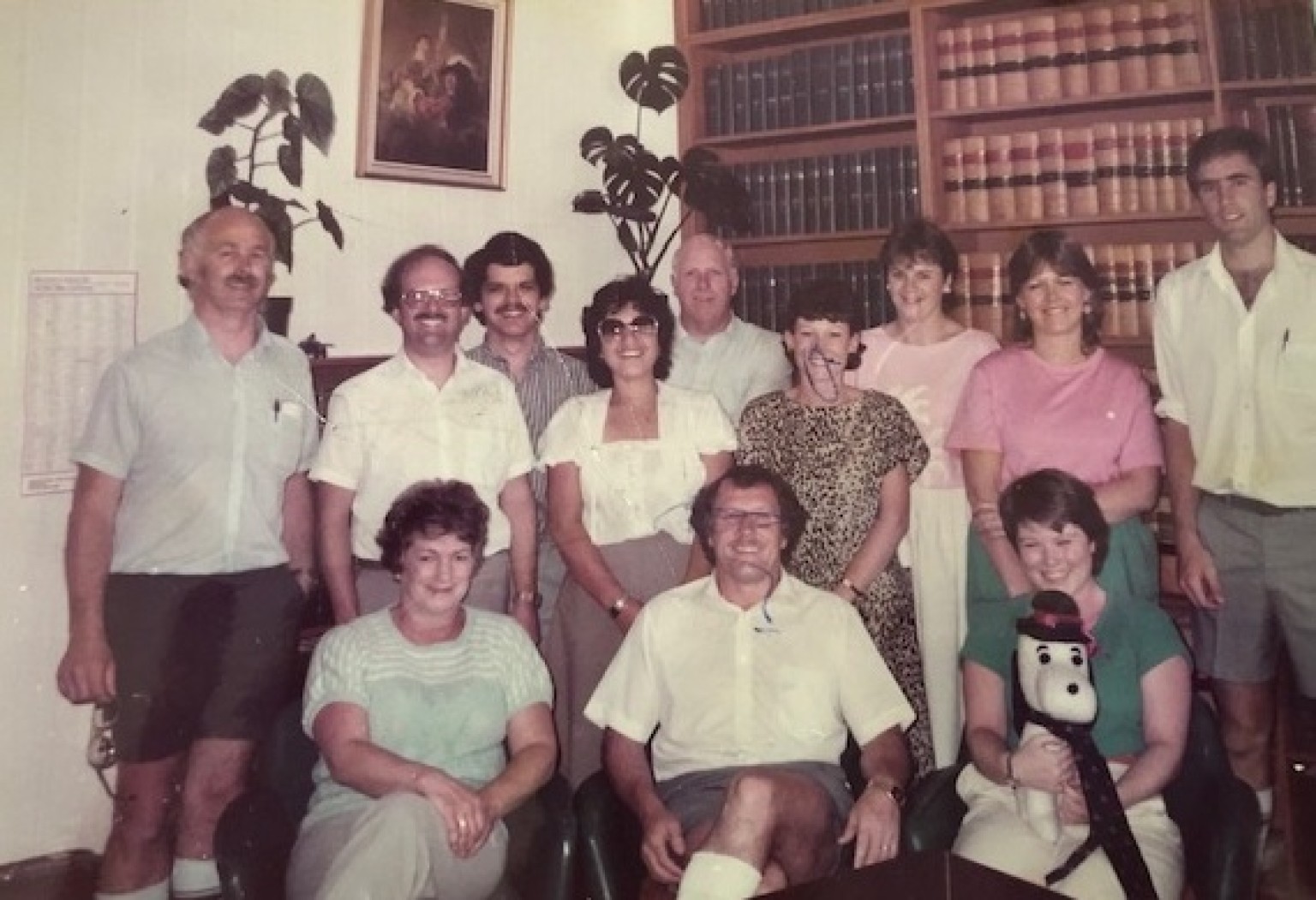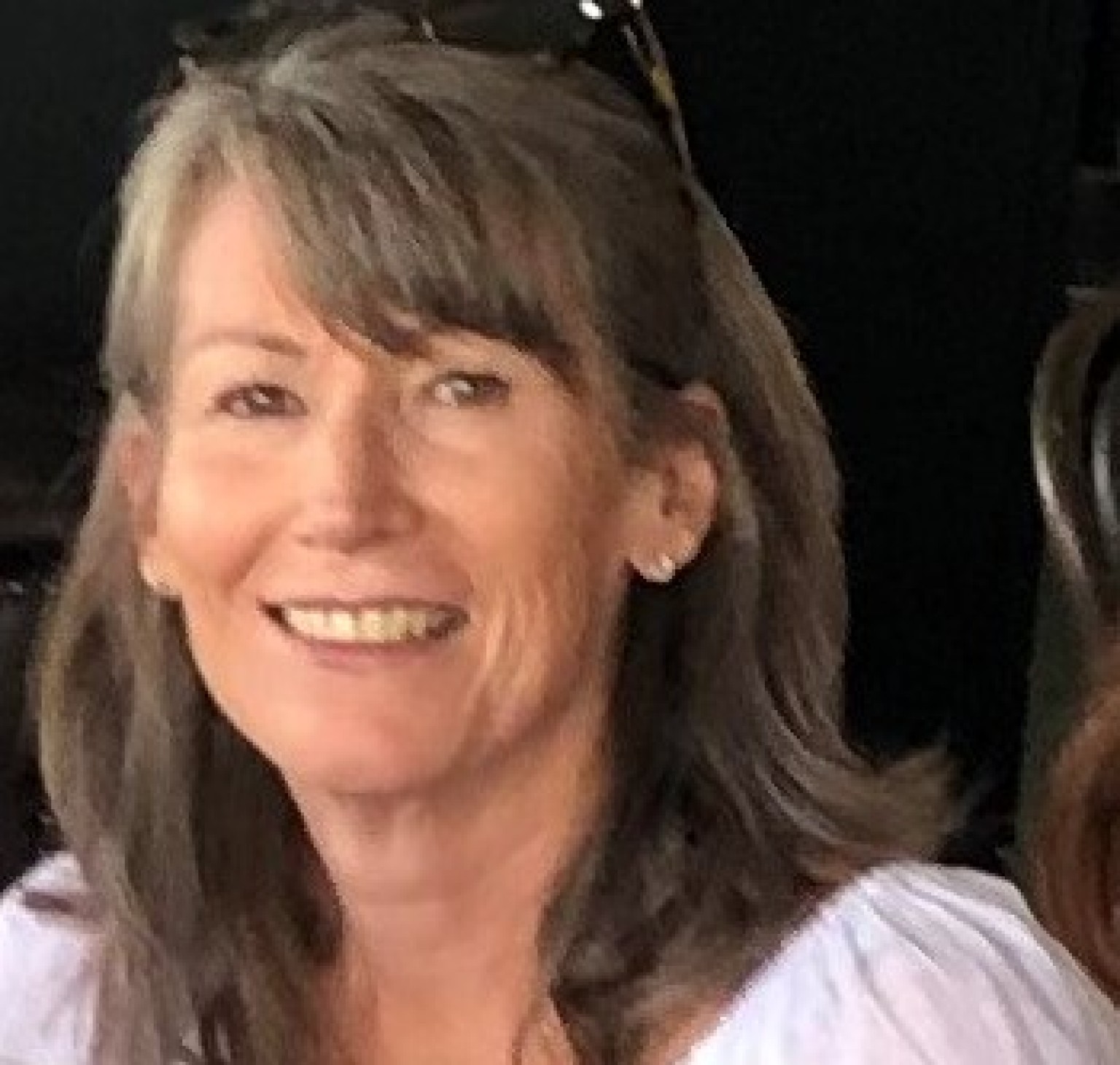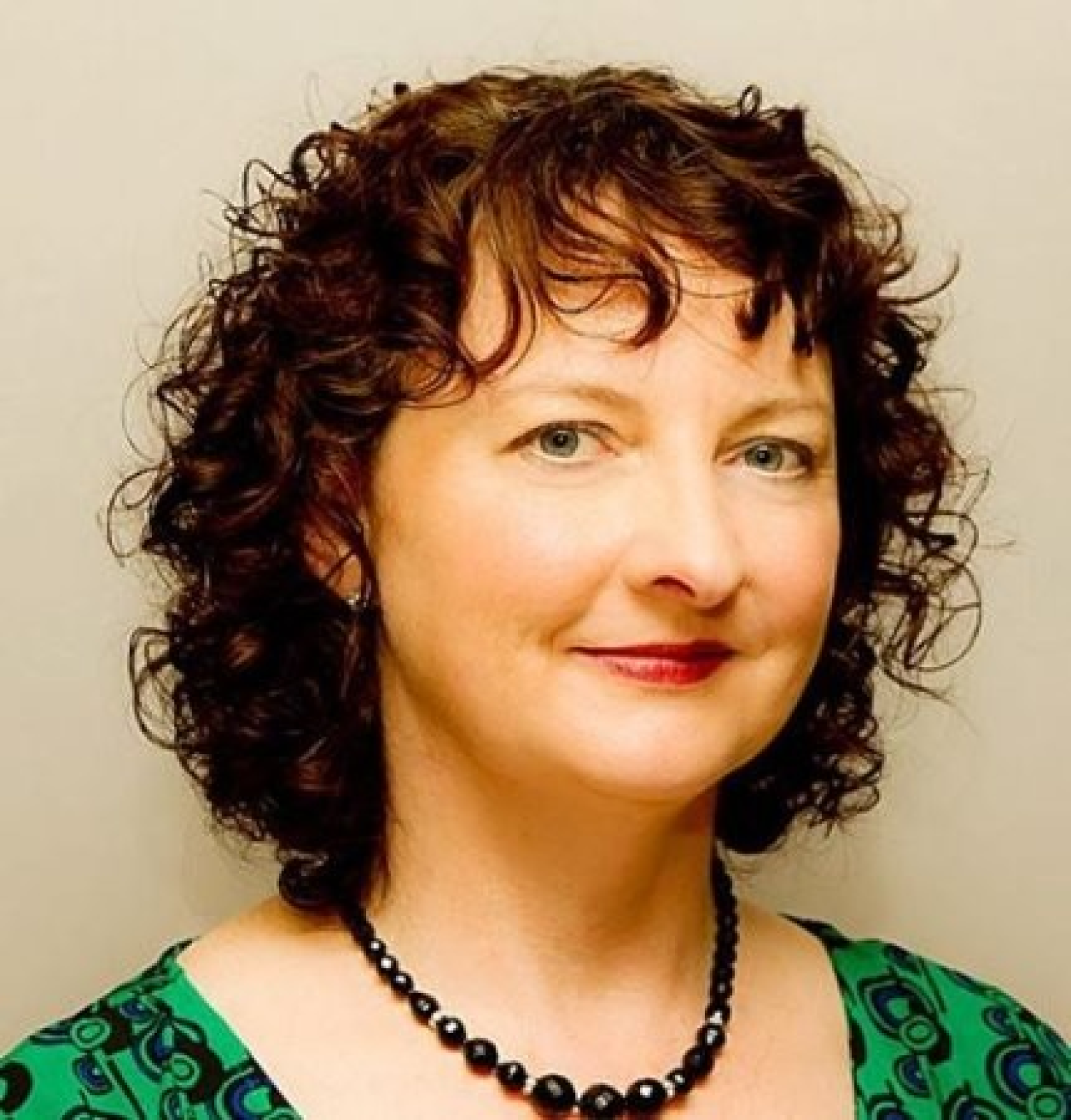150 Years - Public Trust is personal: Part II
We meet Public Trust employees who use their empathy and expertise make a difference in the lives of New Zealanders.
Create a will online

Meet Shona Devoy, Tony Shea & Elizabeth Woods
Public Trust people deal with the most personal life and end-of-life events for New Zealanders every day.
We meet Public Trust employees who use their empathy and expertise make a difference in the lives of New Zealanders.
Over the course of our lives, there are many uncomfortable conversations we all need to have with our whānau, including those about the tricky subjects of death, money and the future.
Yet more than half of adult New Zealanders still do not have a will in place, and that percentage is even higher in Māori, Pacific and migrant communities.
Public Trust’s greatest asset is its people, their collective experience and knowledge, as a connected network of more than 400 experts across Aotearoa. Public Trust exists to deliver high-quality, trusted and empathetic trustee services to New Zealanders, enabling them to have these difficult conversations so that they can put the necessary plans in place to build and protect their legacies, and to advocate for some of our most vulnerable New Zealanders.
Shona Devoy dealing with people's personal situations – Wills and Estates
For Shona, Service Quality Manager, her long career at Public Trust dealing with people's personal situations has been so rewarding. Shona explains:

"We deal with people's personal situations, and people share so much with you. With a good trustee in front of you, when you come in to make a will, it'll be a very positive experience, but it will take you to places that you might not have expected to go to, like the 'what ifs' in life. You've really got to get personal with them and help them understand why they have put the document in place, make sure they understand what the consequences will be, and, at the end of the day, that they understand how it will help their family. It's just the best gift you can give to your family."
For Shona, it is all about the relationships you build. She recalls one lady who came to Public Trust after her husband had died and requested help with managing her day-to-day affairs. Every Christmas, Shona would go and have a sherry and a piece of cake with her, and eventually she started to meet family members. When the lady passed away, Shona dealt with her estate. Ultimately, Shona started working with some of the children to put in place things for their future.
For Shona the most personal but also the most rewarding thing to do is to take somebody through their journey of grief.
"We understand the journey of grieving and when you get people to the end, and you can see the change in them that they've gone through the grieving, the loss, the acceptance, the anger, you can see all this in your job, and you just try and help them get through those periods. It's amazingly satisfying."
Tony Shea 'Tony from Taradale' – Rural Properties
Tony has worked on and off at Public Trust since 1989.
He began as an Estates Officer on the West Coast between 1989 and 1995, based in Greymouth but also covering Reefton and Hokitika. Tony recalls the Cave Creek tragedy in 1995 when a newly-built Department of Conservation (DOC) viewing platform collapsed, resulting in the deaths of 13 students and a DOC officer. Tony administered the estate of the DOC officer and with empathy and compassion made a very difficult situation easier for the surviving family member. He provided an ear to listen, a place where he could download, coupled with making the estate administration process seamless.

Since 2015, Tony has worked with Public Trust’s Rural Properties team and is today a Senior Rural Property Advisor based in the Hawke's Bay. The Rural Properties unit is involved with a portfolio of farms held in trust (direct managed farms, sharemilking farms and leased farms), including New Zealand's largest cadet training farm, Smedley Station. Smedley is just an hour's drive away from Tony, who works between his home in Taradale and Public Trust's customer centre in Hastings. Tony deals with all operational aspects of the farms, including employment agreements, paying accounts and salaries, budgets, buying farms for existing estates on trust, insurance reviews, valuation of assets, health and safety matters, regulations and law changes, attending to new leases, rent reviews and sharemilking agreements, and farm visits.
Tony enjoys spending time with farm workers and loves the diversity with each farm.
Tony values the opportunity to make a difference, whether it’s helping farm trusts and charities to assist Kiwis in need, developing the very best future farmers or supporting his colleagues to deal with farming assets in their estates or trusts and growing people's knowledge about the rural industry.
For Tony, working at Public Trust is all about making the tricky things in life seem simple, and doing this with expertise and empathy.
Public Trust is a place where you're continually learning something new and this is what Tony loves about his job.
Elizabeth Woods working with the most vulnerable – The Protection of Personal and Property Rights Act 1988
The subtle art of blending business acumen with empathy is what draws most people to work with clients under The Protection of Personal and Property Rights Act 1988.
Elizabeth, one of Public Trust's PPPR product specialists, is no different. As a highly empathetic person, Elizabeth finds it deeply satisfying and rewarding to work with clients under PPPR care, many of whom would otherwise be vulnerable to financial abuse or neglect.
Those placed under the care of property managers such as Public Trust lack the capacity to manage their own affairs as well as friends or family members who are able to take on this kind of guardian role, which would usually be carried out under an Enduring Power of Attorney (EPA). These decisions cover the full day-to-day management of a person’s finances, from selling property, paying bills and buying food to ensuring money isn’t spent on unnecessary or harmful items.
While PPPR clients are often elderly, clients can be of any age, their need arising through mental or physical disability, substance abuse or injury leading to incapacity. Elizabeth explains:

"As property manager, Public Trust plays the role of protector. It is crucial that we remain impartial and objective, always putting our clients’ best interests at the heart of all decisions.
While it sounds straightforward, this brings its own complexities as sometimes an individual’s mental health can prevent them from recognising when decisions are being made in their own best interests."
Public Trust's role as property manager isn’t able to be discharged without a court order and a named organisation or individual to take over the role. The knowledge that Public Trust is there to protect and care for them in perpetuity is something that Elizabeth believes provides real comfort to many clients, particularly those who have previously suffered from abuse from those closest to them.
Numbers of PPPR clients have grown significantly in the last 10 years, with a rise in court-ordered appointments due to a mix of both increased need as well as awareness of the services provided by property managers. Another trend that Elizabeth has noticed recently is a spike in referrals due to family members or friends taking advantage of the vulnerable people in their lives – something she partly attributes to the effects of the pandemic with families finding themselves in more precarious financial situations.
While these trends are unsettling, Elizabeth also believes they speak to the importance of the role property managers such as Public Trust play. When we are able to step in and protect individuals who have previously been abused or taken advantage of, they are given the opportunity to get their lives back on track and even thrive.